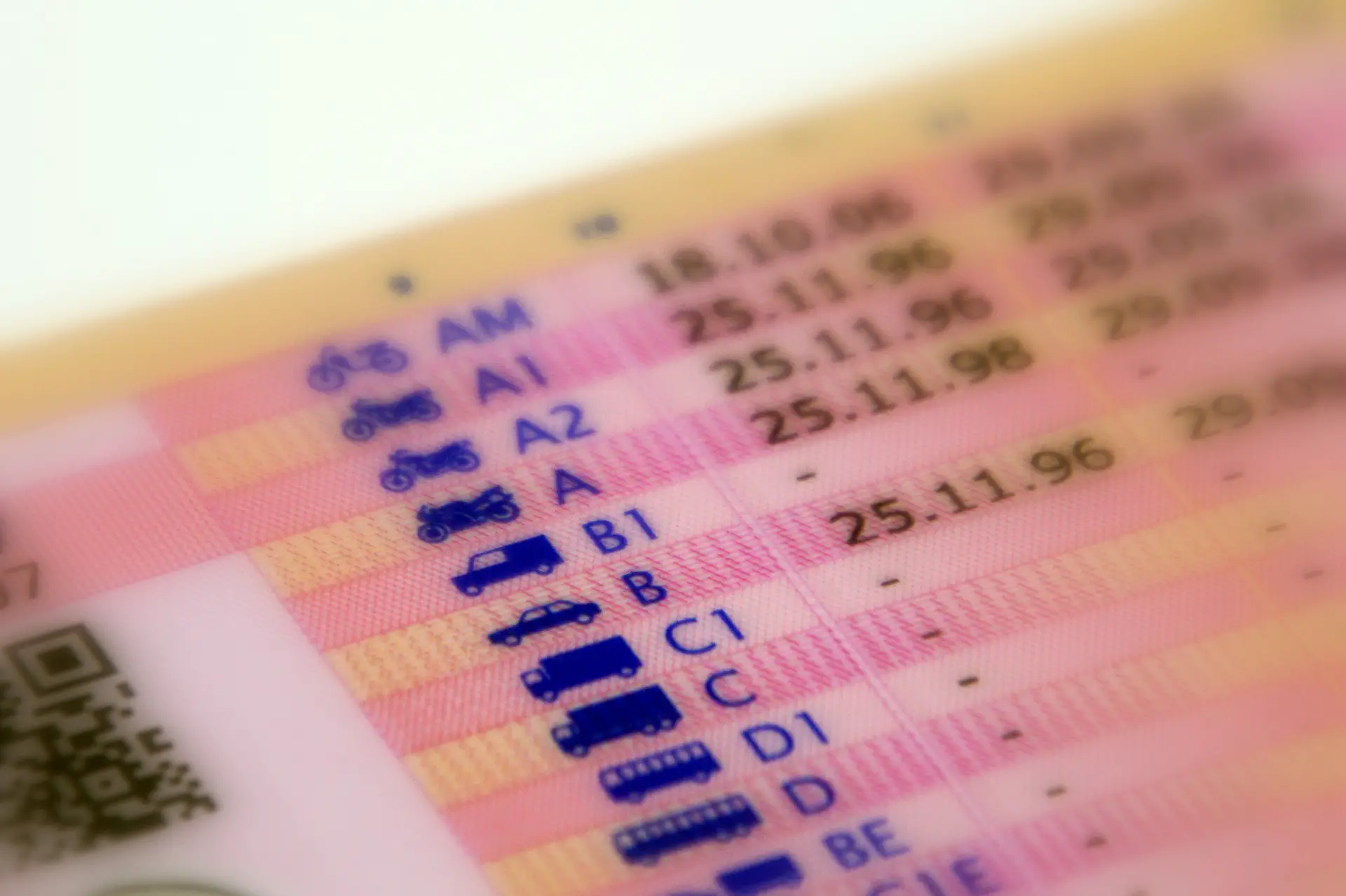European Commission working on very strict driver’s license rules for both young and old
Stricter rules driving license
The rules may be quite startling, but they do serve a purpose. More than 20,000 people were killed on European Union roads in 2022. Most victims were pedestrians, cyclists, motorcyclists and scooter users. Imposing stricter rules on driver’s license holders should greatly improve road safety.
Probation and no alcohol on the road
The European Commission ‘s ideas include a probationary period of at least two years for novice drivers who have passed their tests but also zero tolerance for drunk driving. This is essential, according to policymakers: young drivers make up only eight percent of all drivers, but two in five fatal crashes involve a car or motorcycle driver under the age of 30. Therefore, those who have had their driver’s license for less than two years should not drink a drop of alcohol. If the police do catch alcohol during a check, you’re screwed.
From 17 years of age driving remains
What remains is the following: young people will be allowed to take driving tests from age 17 and gain experience on the road under supervision. If they pass the driving test, from their 18th birthday they will only be allowed to drive on the road and work as professional drivers once permitted for a specific job. This is how the EU seeks to address the current shortage of drivers.
Extra attention to vulnerable road users
Driver education and the driving test are being modified to better prepare drivers for the presence of vulnerable road users on the road. This should increase the safety of pedestrians and cyclists as well as users of electric bikes and scooters as the EU shifts to more sustainable mobility in cities.
Focus on locally emission-free vehicles
The new exam rules will also take into account the transition to locally emission-free vehicles. For example, knowledge and skill related to advanced driver assistance systems and other automatic technologies will be assessed. Novice drivers will also learn how their driving style affects emissions, such as by changing gears in a timely manner. Finally, the allowable weight of alternative fuel category B vehicles will be adjusted, as emission-free battery-powered vehicles may be heavier.
Stricter medical examination
The following is also important: there will be a more focused assessment of the medical fitness of drivers, taking into account advances in the treatment of diseases such as diabetes. Drivers will also be encouraged to update their driving skills and knowledge to keep pace with technological developments.
Introduce digital driver’s license
To simplify the recognition of driving licenses between EU countries, the Commission is proposing to be the first in the world to introduce a digital driving license . Replacing, renewing or exchanging a driver’s license will become much easier because all procedures online will be done. It will also become easier for residents of non-EU countries with similar road safety standards to exchange their driving license for an EU one.
Validity of digital driver’s license
The digital driver’s license is valid for 15 years, versus 10 years for the licenses we now have in the Netherlands. Seniors must apply for driver’s license renewals more often. In the Netherlands, it is currently the case that everyone who turns 75 must have a medical examination. Upon a green light, the driver’s license will be renewed for another five years. Under the European Commission’s plan, that age limit drops to 70 across Europe. The validity of the driver’s license remains five years. Older people are thus tested more often on their driving skills.
Stricter international enforcement of rules
EU rules on international enforcement have helped ensure that foreign traffic offenders do not remain anonymous. In 2019 about 40% of offenses in another EU country were not punished because the offender was not identified or payment of the fine was not enforced. The new plan proposes to address that problem by giving enforcement authorities access to national driver’s license records.
Achieve better cooperation
It also proposes strengthening the role of national contact points so they can better cooperate with enforcement authorities investigating violations. This will address current shortcomings in cooperation among member states in investigating offenses.
Furthermore, the current law covers some of the most common and serious offenses, such as speeding and drunk driving. The Commission proposes to extend the scope of the law to:
- Keeping insufficient distance from the vehicle in front
- dangerous overtaking maneuvers
- dangerous parking
- cross one or more continuous white lines
- driving against the direction of travel
- Not following the rules for the use of emergency corridors
- driving an overloaded vehicle
This will reduce impunity for those offenses and allow member states to better punish offenders from other EU countries. Domestic and foreign offenders will be treated equally.
Pay easily
Citizens will easily access information on road safety rules in each member state and eventually be able to pay fines directly through a dedicated IT portal.
EU-wide driving ban after serious traffic violation
To avoid impunity among traffic offenders, a new system will be introduced that will allow a driving ban throughout the EU if a member state so decides because a driver has committed an offense on its territory. It is essential for road safety that offenders are held accountable throughout the EU. Under current rules, a driver cannot be banned from driving across the EU if he has committed an offense in a member state other than the one where his license was issued. The new proposal covers serious traffic offenses such as speeding, driving under the influence of alcohol or drugs and offenses resulting in serious bodily injury or death.
Source: European Commission

